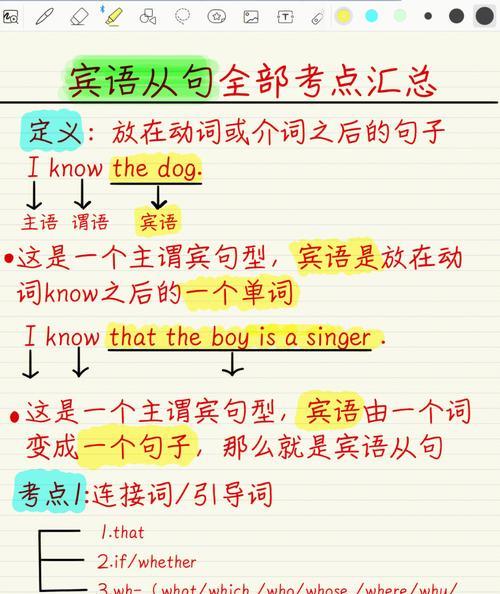英语中的从句是一个包含主语和谓语的语法结构,不能单独存在,必须依附于主句。分为名词性从句和形容词性从句。名词性从句可以充当主语、宾语或表语,通常由连词引导。形容词性从句用来修饰名词或代词,充当定语,通常由关系代词或关系副词引导。掌握从句的用法和特点对提高英语水平有帮助。

英语中的从句可以分为两种:名词性从句和形容词性从句。名词性从句可以充当主语、宾语或表语,它通常由连词 that, whether, if, who, whom, whose, what, which, when, where, why 引导。例如:
- That he is guilty is beyond doubt.(他有罪是毫无疑问的。)
- I don't know whether he will come or not.(我不知道他是否会来。)
- Do you remember what we talked about yesterday?(你记得我们昨天谈了什么吗?)
形容词性从句通常用来修饰某个名词或代词,并且在从句中充当定语。形容词性从句通常由关系代词 who, whom, whose, that, which 或关系副词 when, where, why 引导。例如:
- The man who is sitting next to me is my boss.(坐在我旁边的那个人是我的老板。)
- This is the book that I borrowed from the library.(这是我从图书馆借来的那本书。)
- I don't know the reason why he is angry.(我不知道他为什么生气。)

